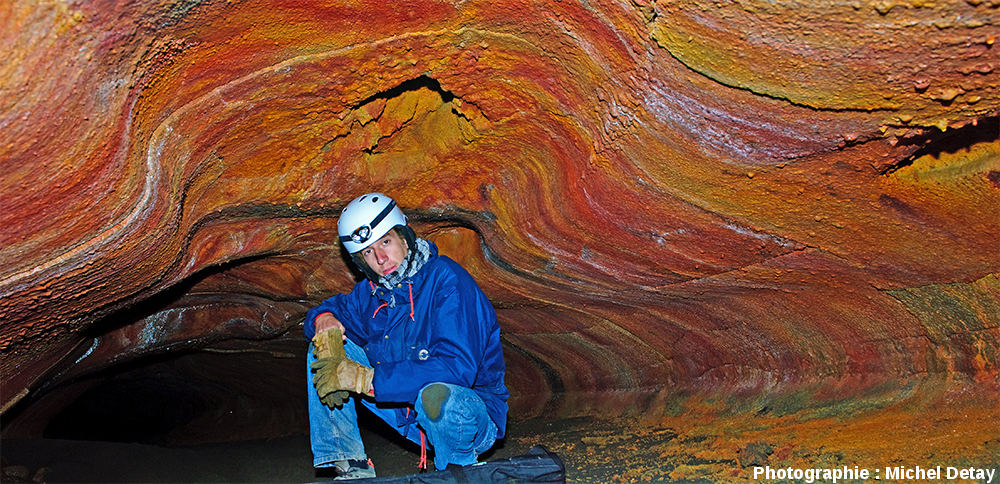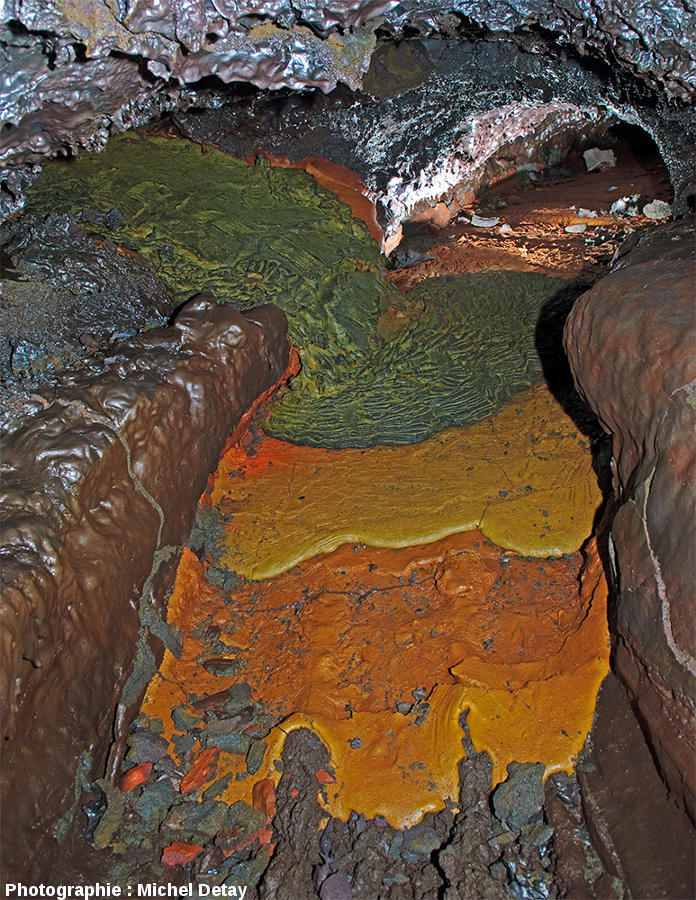Brussels, 30 September 2011
&
Rochefort, 01 October 2011
The International Symposium "Karst Research, Challenges for the XXIst century” will be dedicated to recent findings in karst research and important remaining questions or controversies.
 | The two-volume book ‘Les cavernes et les rivières souterraines de la Belgique’ by Van den Broeck, Martel and Rahir (VMR), published in 1910, was a landmark that set the basis for karstological studies in Belgium. One century later, it is time to measure at an international scale the progress made and to look forward. The notion of ‘karst area’ first used for carbonate rock landscapes evolved to a global concept of rock dissolution creating subterranean porosity in widely varying scales of dimension and time. A new paradigm is upcoming with rock alteration as base for karst formation in all type of rocks and in a global concept of landscape evolution. In this context, bacteria also regain interest, as they could play an active role in karst formation. |
Deep karst and paleokarst extend the geological timeframe and specify the role of karst in the diagenetic sequence, with direct impact on geo-energy resources. Models suggest different environments for karstification, compared to the most visible active karst in Belgian Paleozoic rocks.
Karst aquifers form the main groundwater resource, however presenting extreme spatial and temporal variability of water, solute, sediment and contaminant transport. Successes and pitfalls of modeling water balances, vertical transport in the vadose zone, hydraulics and evolution of conduit systems, and the role of tracer tests, do not only aid for sustainable exploitation of water resources but also for risk assessment, vulnerability mapping and climate change impacts.
Karstic processes, presently very active in Belgium, sometimes interfere with human activity. Collapses, sinkhole mobility, pollution due to waste water seepage are common events. Karstic constraints are mapped and considered in several studies.
The disciplines working in karst areas have broadened since karst is seen as an archive, not only for past human occupation but also for the former environment and climate. Detrital as well as chemical deposits are investigated and delivered already a huge amount of information about the sedimentological, topographical, environmental and climatic evolution and variability. Recent research on speleothems focuses on the increased resolution and improved chronology of continental palaeoclimate records.
Finally the karst environment and in particular caves are among the rare last places on earth were new territories can be discovered by humans, even in densely urbanized regions, giving access to a peculiar (bio)mineralogical content. Karst features and landscapes are among the most attractive but also vulnerable places on earth, requiring adaptive ways of management.
On day one, keynote lecturers will give an overview of recent knowledge on the genesis and the dynamics of karst areas and associated environmental geo-archives. Poster sessions will be dedicated to recent research in Belgium.
On day two field trip is planned to the Underground system of the Lomme & Wamme rivers in Rochefort.
It is an open meeting, therefore students, cavers, researchers and professionals are warmly welcomed to participate in the conference.
 A group of determined cavers has plotted New Zealand's third deepest cave on their fifth trip into the bowels of Mt Arthur.
A group of determined cavers has plotted New Zealand's third deepest cave on their fifth trip into the bowels of Mt Arthur.

































